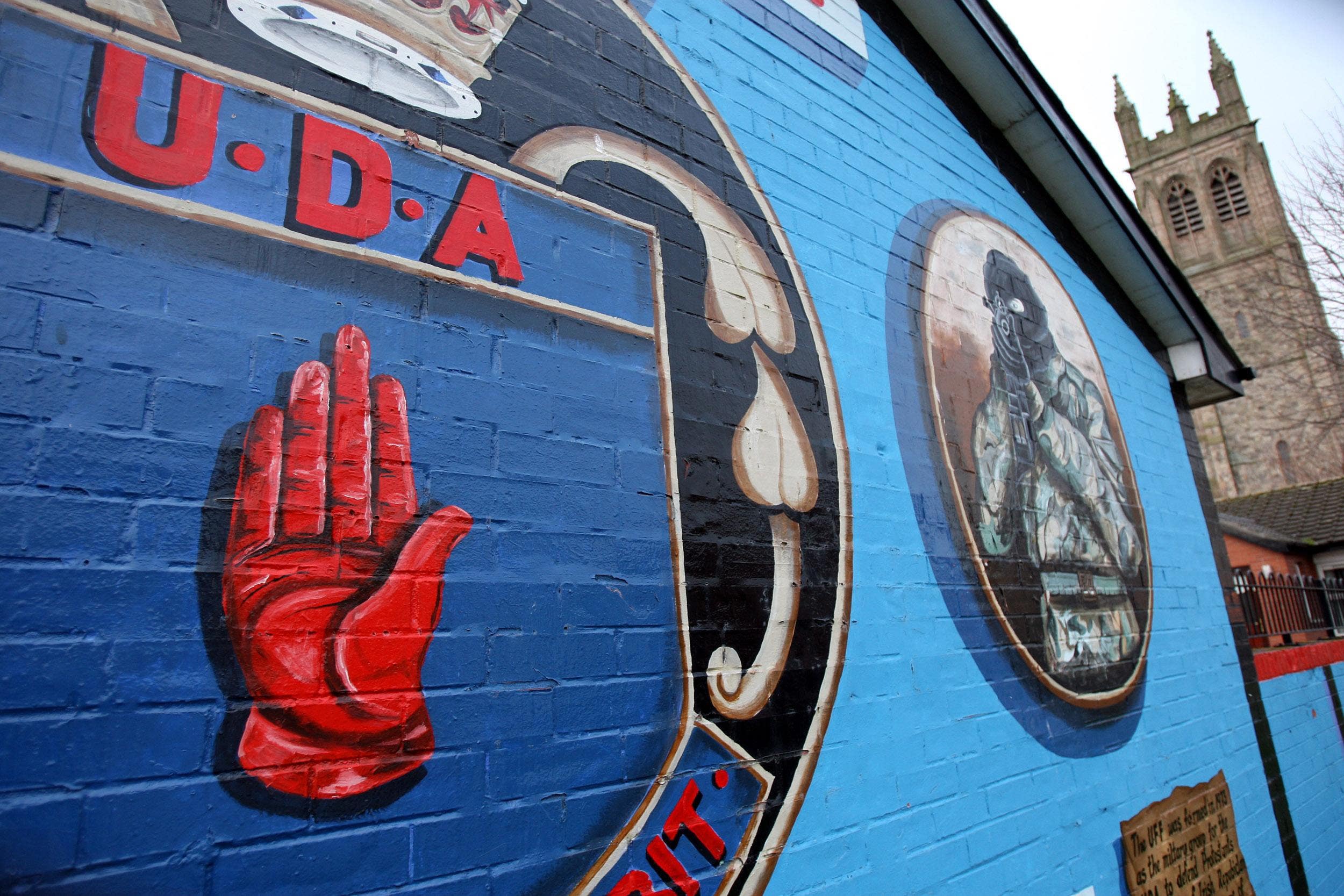Mixed views on how to interact with loyalist parties in 1993, records show
In previously confidential state papers, it was noted that the benchmark was set in terms of the treatment of Sinn Fein.

Your support helps us to tell the story
From reproductive rights to climate change to Big Tech, The Independent is on the ground when the story is developing. Whether it's investigating the financials of Elon Musk's pro-Trump PAC or producing our latest documentary, 'The A Word', which shines a light on the American women fighting for reproductive rights, we know how important it is to parse out the facts from the messaging.
At such a critical moment in US history, we need reporters on the ground. Your donation allows us to keep sending journalists to speak to both sides of the story.
The Independent is trusted by Americans across the entire political spectrum. And unlike many other quality news outlets, we choose not to lock Americans out of our reporting and analysis with paywalls. We believe quality journalism should be available to everyone, paid for by those who can afford it.
Your support makes all the difference.There were mixed views among officials in the early 1990s over how to interact with political parties linked to loyalist paramilitary groups, files have revealed.
In 1993 the Government refused to talk to Sinn Fein representatives due to their refusal to condemn Provisional IRA violence.
On the other side of the political divide in Northern Ireland, there were two political parties linked with loyalist terrorists – the Progressive Unionist Party (PUP) linked to the Ulster Volunteer Forces and the Ulster Democrat Party (UDP) linked to the Ulster Freedom Fighters.
Both parties had a small number of elected representatives in the early 1990s.
A previously confidential file reveals there was discussion over how to interact with the PUP and UDP.
A briefing note for then secretary of state Sir Patrick Mayhew dated February 1, 1993 described a “piece of unfinished business from the proscription of the UDA” was “how ministers should treat two very small political parties, each with links to proscribed organisations”, describing a benchmark having been set over the treatment of Sinn Fein.
“The parties only have three councillors between them. The issue is not clear-cut because, despite their parties’ links, these elected representatives have generally condemned violence and have had recent contacts with ministers,” the note reads.
It said the issue had been brought to a head by a planned visit by then direct rule health minister Lord Arran to Londonderry and whether then UDP councillor Ken Kerr should be excluded along with the Sinn Fein councillors.
The memo included notes on the loyalist councillors, describing Mr Kerr as despite having served a sentence in the early 1970s for possession of weapons, he had “publicly denounced paramilitary violence” and “appears to enjoy a harmonious relations with local SDLP councillors”. It also described the UDA as “virtually moribund” in Derry.
It said while formally the guidance with regard the UDP was the same as Sinn Fein, previously ministers had decided not to follow it and met with Mr Kerr.
However, it also said the guidance on contacts with Sinn Fein does not apply to the PUP and there are no restrictions, adding that the secretary of state had met PUP councillor Hugh Smyth in Belfast the previous year.
The memo goes on to describe the parties as “small beer” but said how ministers treat them “needs to be seen against the background of wider and more important policy considerations”.
It said they wanted to encourage political involvement and “not to cut off contacts with politicians unnecessarily”, but also noted a rise in loyalist violence as focusing attention on how the Government treats anyone with links to loyalist groups.
“Nationalists and the Irish Government will study our approach for signs of bias,” it read.
“On the other hand, the rise in Protestant extremism also emphasises the importance of keeping political avenues open, if possible, for politicians who can articulate extreme Protestant grievances.”
The memo concluded: “There is no clear consensus among officials. The Secretary of State may find it best to hold a meeting. The majority opinion is that contact should not be broken off at a time when there is increasing talk of Protestant alienation.”
Minutes of a meeting on February 2, 1993, records the Secretary of State summing up a discussion as that he regarded loyalist violence in the same way as republican violence, but on the balance he considered that Mr Kerr and Mr Smyth could be met by ministers.
“Sinn Fein could be expected to say that we were operating double standards but provided that the SDLP confirmed they did want Kerr on the delegation criticism could therefore be countered by saying that he was there at the invitation of the SDLP and not the Government,” the meeting concluded, according to the note kept by private secretary W K Lindsay.